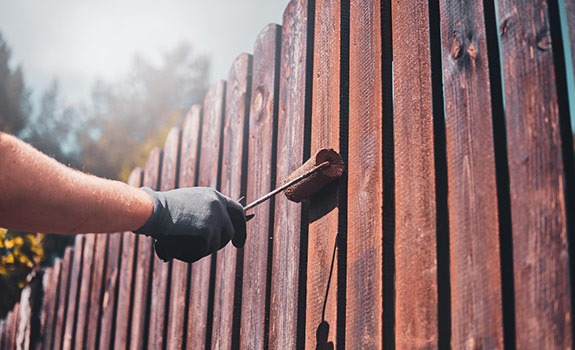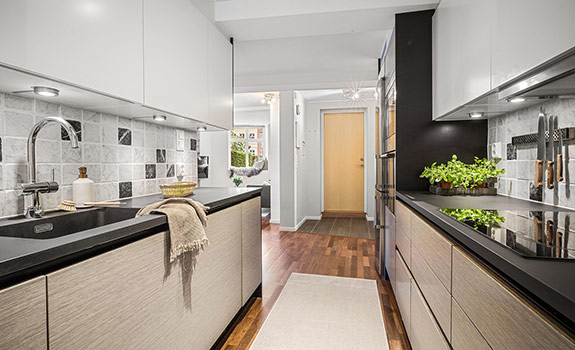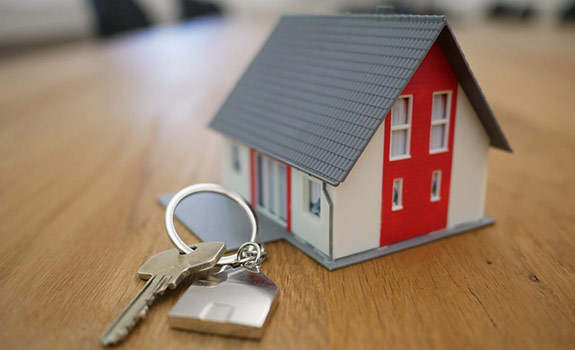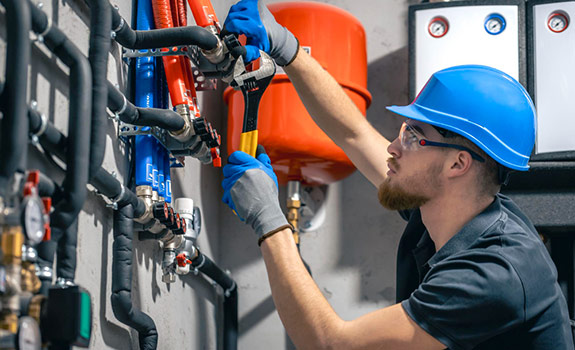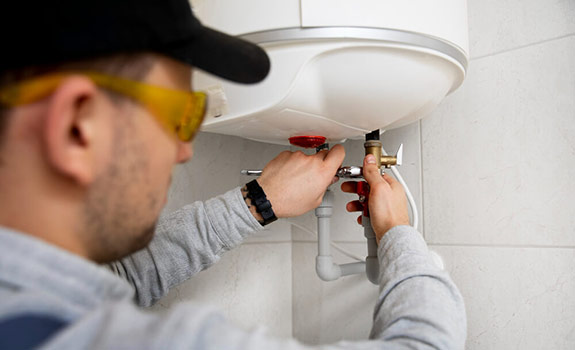Heating, ventilation, and air conditioning (HVAC) systems are central to maintaining comfort in homes and offices, especially in areas experiencing extreme weather conditions. While these systems provide essential climate control, operational costs, and maintenance can sometimes be higher than anticipated. Recognizing the factors contributing to these unexpected expenses can help you manage them more effectively.
Read on to learn whether your HVAC system costs you more than you think.
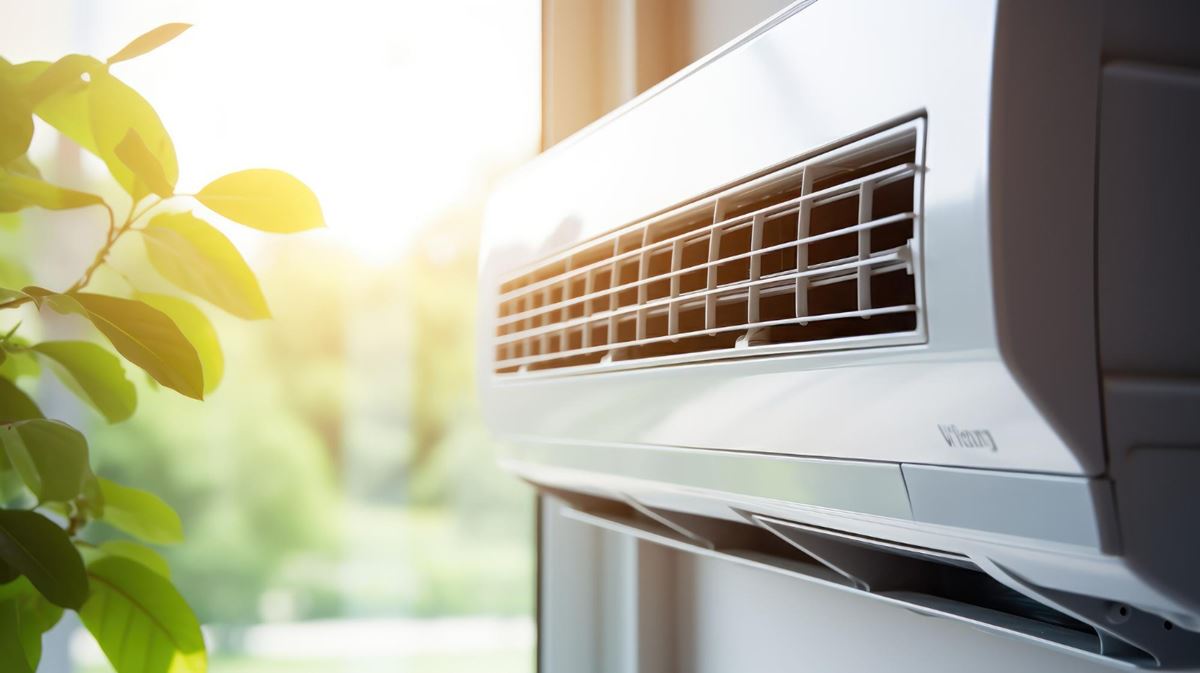
The Impact of Inefficient Systems
One major factor that can drive up costs is the efficiency of the HVAC unit. Older or poorly maintained systems use more energy to heat or cool a space effectively. This inefficiency leads to higher utility bills and increases the wear and tear on the system’s components, potentially resulting in more frequent repairs or premature replacement.
A key step in preventing these issues is choosing the right HVAC company in your local area. A professional service can provide installation, proper maintenance, and advice on the most efficient models to suit your needs and budget.
Regular Maintenance: A Necessity, Not an Option
Regular maintenance is crucial for keeping an HVAC system running at peak efficiency. Lack of maintenance can lead to problems such as dirty filters, leaking ducts, and inefficient compressors, which can significantly increase operating costs. For instance, a dirty filter can restrict airflow, forcing the system to work harder, which consumes more energy.
Annual or biannual checks by a qualified technician can help detect and resolve these issues before they escalate into more serious problems. These maintenance checks typically involve cleaning or replacing filters, inspecting and sealing ductwork, checking fluid levels, and ensuring all mechanical components are in good working order.
The Cost of Ignoring Repairs
Ignoring minor repairs in HVAC systems can escalate into significant financial burdens. Issues like a slight rattling noise or a minor leak may seem inconsequential but are often early indicators of underlying problems that could worsen if not addressed. These signs are necessary to avoid a complete system breakdown, necessitating extensive and expensive repairs or a total replacement.
Moreover, an HVAC system that isn’t functioning correctly can significantly reduce the comfort level within a home or office. This discomfort can disrupt daily activities and decrease productivity, ultimately affecting the overall quality of life and work in those environments. Therefore, timely intervention is crucial to prevent costly outcomes and maintain a comfortable indoor atmosphere.
Energy Efficiency and Upgrades
Technological advancements mean newer HVAC models are significantly more energy-efficient than older ones. Upgrading to a newer model can seem costly upfront, but it can save money in the long run through reduced energy bills. Additionally, many local governments offer rebates and incentives for upgrading to energy-efficient appliances, which can help offset the initial cost.
When considering an upgrade, it’s essential to evaluate the potential energy savings against the cost of the new system. Consulting with a professional HVAC service can provide insights into the most cost-effective options.
The Role of Smart Thermostats
Smart thermostats have revolutionized how people manage home climates, significantly contributing to HVAC cost efficiency. These innovative devices use algorithms to learn your daily patterns and temperature preferences to optimize heating and cooling schedules. By adjusting temperatures based on when you’re typically home or away, smart thermostats eliminate unnecessary energy use, thus lowering utility bills. For instance, heating can be dialed down during the workday and ramped up just before you return, maintaining comfort without wastage.
Moreover, many smart thermostats can be controlled remotely via smartphone apps, allowing for real-time adjustments, further enhancing energy efficiency and control over your home environment.
Long-Term Benefits of Proper Insulation
Adequate insulation is essential for maintaining an energy-efficient home. It acts as a barrier against heat loss in winter and heat ingress in summer, stabilizing indoor temperatures throughout the year. With proper insulation, HVAC systems do not have to work as hard, conserving energy and reducing wear and tear, extending the system’s lifespan.
Good quality insulation, when combined with energy-efficient windows and proper leak sealing, creates a tight thermal envelope around your home. This investment decreases the energy burden on your HVAC system and substantially saves energy bills over time, contributing to a more sustainable household.
Conclusion
An HVAC system can cost more than many homeowners and businesses initially think. However, these costs can be managed effectively through regular maintenance, timely repairs, and considering upgrades to more efficient models or smart devices. Taking proactive steps ensures your system operates efficiently and extends its lifespan, providing long-term savings and continued comfort. Remember, choosing the right service provider is crucial in maximizing your HVAC investment.
Published in: Home advice | Author: Lynn



